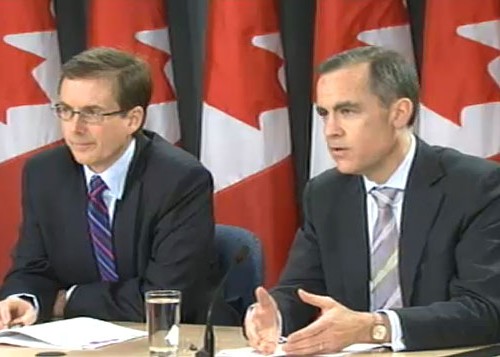March 26, 2011
The Paradigm Shifts: Global Imbalances, Policy, and Latin America
Globalization is the opportunity and the challenge of our age. It has the potential to lift billions out of poverty, vastly expand economic prospects, and develop a more diverse and resilient global economy.

